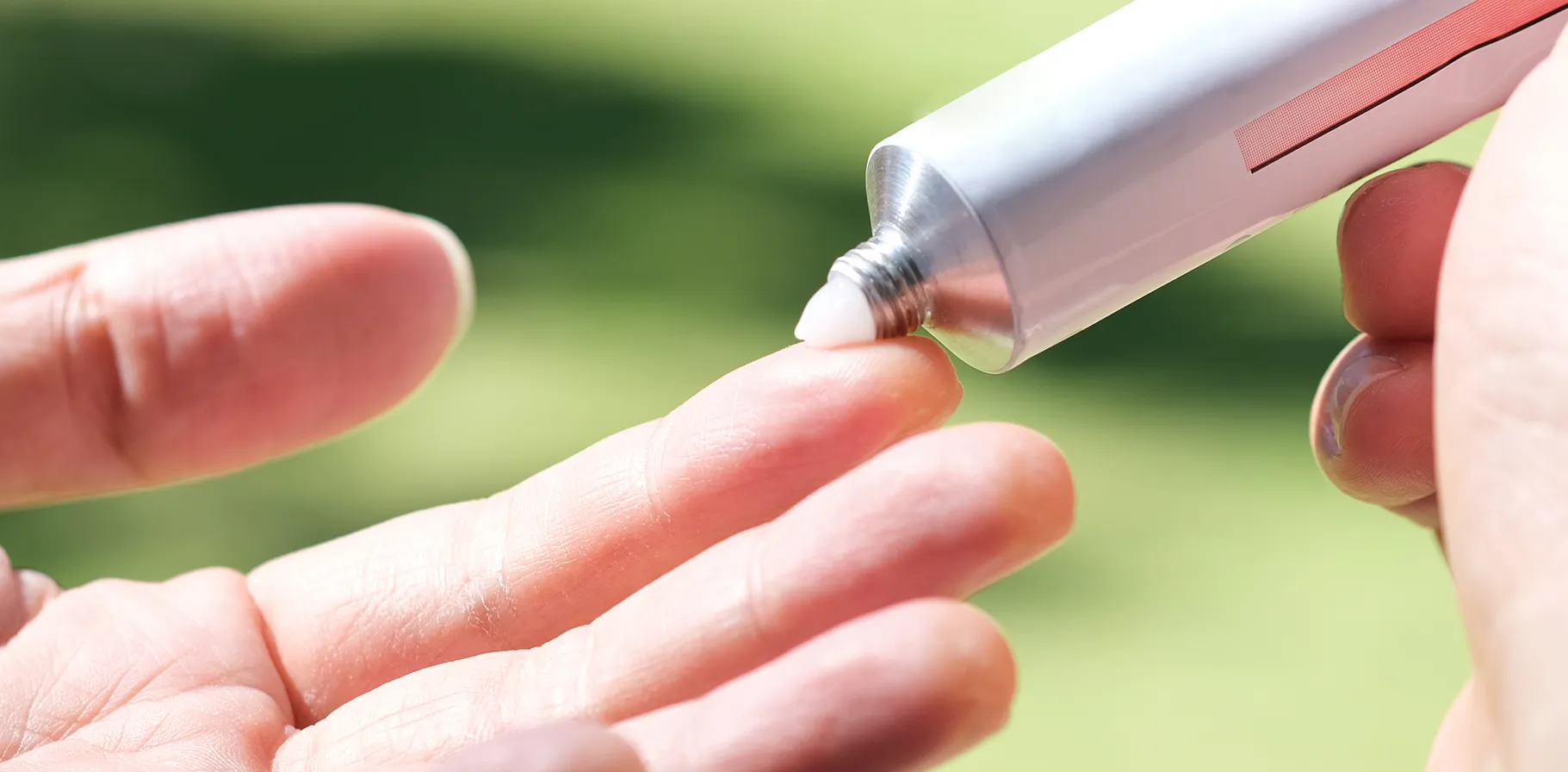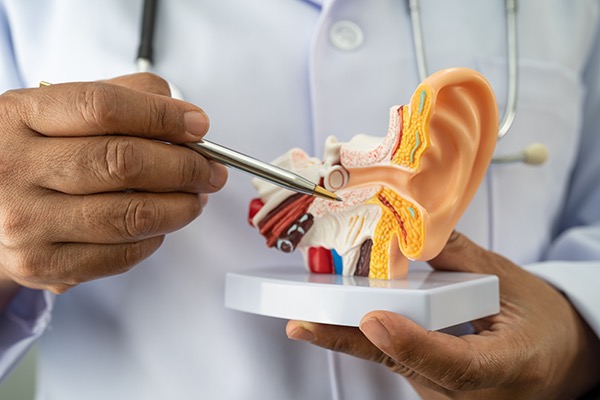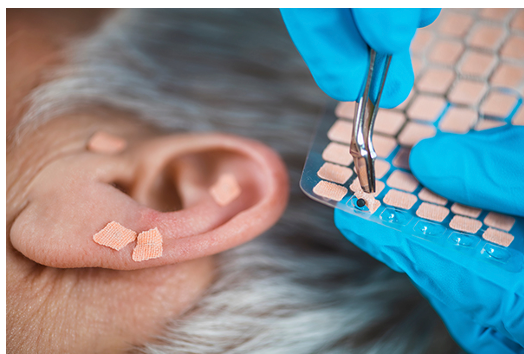Itchy Ears Causes and Treatments Explained

Relief Strategies for Itchy Ears
Have you ever had that annoying itch in your ear that just won’t go away? It’s not the worst thing in the world, but it sure can be irritating, especially if scratching doesn’t help. Lucky for you, dealing with itchy ears is simpler than you might think. The key is figuring out why your ear itches in the first place. Before we dig into the potential causes, remember this important tip: keep objects like cotton swabs out of your ear canal to avoid causing any damage. Now, let’s explore some common reasons behind itchy ears and how you can find relief.
Allergies
Ever wondered if your recent itchiness is due to something new in your routine? Switching shampoos, trying different hair sprays, or even wearing new earrings could be culprits. These can all cause contact dermatitis, an allergic reaction that leads to a red, itchy rash and may result in flaking skin or mild discharge.
Allergies to common irritants, such as cat dander or pollen, can also make your ears itch. Even congestion or a bad reaction to medication may trigger this sensation. Identifying and avoiding the specific allergen can bring welcome relief and prevent further irritation.
To pinpoint the cause, you can experiment by eliminating potential irritants one at a time. For quicker relief, consult your doctor about prescribing a steroid cream or consider over-the-counter allergy medication.
Seborrheic Dermatitis
You might think dandruff just affects your scalp, but it can also lead to itchiness around your ears. This condition, known as seborrheic dermatitis, can cause severe redness and itching on the outer ear. Several factors can contribute to this type of dermatitis. Overproduction of oil in the skin, fungal infections, or weakened immune systems are common triggers. Even certain nervous system disorders or underlying skin conditions might play a role. Managing seborrheic dermatitis involves treating the root cause, which could mean using antifungal shampoos, applying medicated creams, or consulting a healthcare provider for targeted treatments.
Switching to a milder shampoo is often the first step in combating seborrheic dermatitis. If that doesn't relieve the symptoms, consider trying one of the many medicated shampoos designed to treat this condition. You can also consult a healthcare provider to explore other targeted treatments that might be more effective for your situation.
Eczema
Itchy ears can also be a result of eczema, scientifically known as atopic dermatitis. This chronic condition often causes the skin to become dry, inflamed, and intensely itchy. Eczema can appear anywhere on the body but is frequently found behind the ears or on the outer ear. In some cases, it even manifests within the ear canal, adding to the discomfort. Symptoms can vary greatly but typically include rawness, pain, and thick, cracked, or scaly patches of skin that can become infected if scratched excessively.
While genetics, environmental factors, a hyperactive immune system, and stress are common triggers, pinpointing the exact cause might require some detective work. To manage this condition, you might need to use moisturizing lotions, prescribe topical steroids, or adopt lifestyle changes to minimize flare-ups.
Though there's no cure for eczema, various treatments can significantly alleviate your symptoms. Corticosteroid creams prescribed by a doctor or ear specialist offer considerable relief from itching and inflammation.
Psoriasis
Psoriasis, a genetic cousin of eczema, can also wreak havoc on your ears. It leads to persistent redness, scaling, and intense itching. While it tends to itch less than eczema, psoriasis may cause stinging or burning sensations. Common triggers include sunburn, vaccine reactions, injuries, or specific medications.
Like eczema, managing psoriasis involves treating the root cause. Consult a healthcare provider to develop a personalized treatment plan involving topical treatments or lifestyle adjustments.
Ear Infection
When itchy ears coincide with pain or discharge, an ear infection might be the culprit. Otitis external, commonly known as swimmer's ear, often affects adults and can lead to these symptoms. Other types of ear infections could also be responsible.
Ear infections may require medical attention for accurate diagnosis and appropriate treatment. If it persists for several days, you should schedule a visit with an audiologist.
Friction-Related Irritation
Even small, everyday devices like hearing aids or earbuds can cause irritation if not fitted correctly. A poorly fitted device might rub the ear canal, leading to redness and itchiness. Moisture buildup within the ear can exacerbate this problem and make you more uncomfortable. To avoid this, ensure your hearing aids are professionally fitted. If you prefer music on the go, opt for over-the-ear headphones instead of earbuds. Consult your hearing doctor to find the best solution for your needs.
Earwax Impaction
As mentioned earlier, avoid sticking cotton swabs or other objects in your ears. Doing so can lead to earwax impaction, which can cause itching and discomfort. Earwax is a natural barrier against dirt and bacteria, but tampering with it can lead to blockages and irritation.
If you notice persistent itchiness and suspect earwax buildup, visit an audiology clinic for safe and effective treatment options. This proactive approach alleviates discomfort and prevents further complications.
Take Control of Your Ear Health
Understanding the causes of itchy ears and knowing how to treat them allows you to enjoy clearer, more comfortable hearing. Always seek professional advice from an ear doctor when in doubt.
Maintaining ear health is essential to your overall well-being. With the right approach and regular check-ups, you can prevent many ear issues and lead a more comfortable life. Take charge of your hearing health with confidence and peace of mind.















